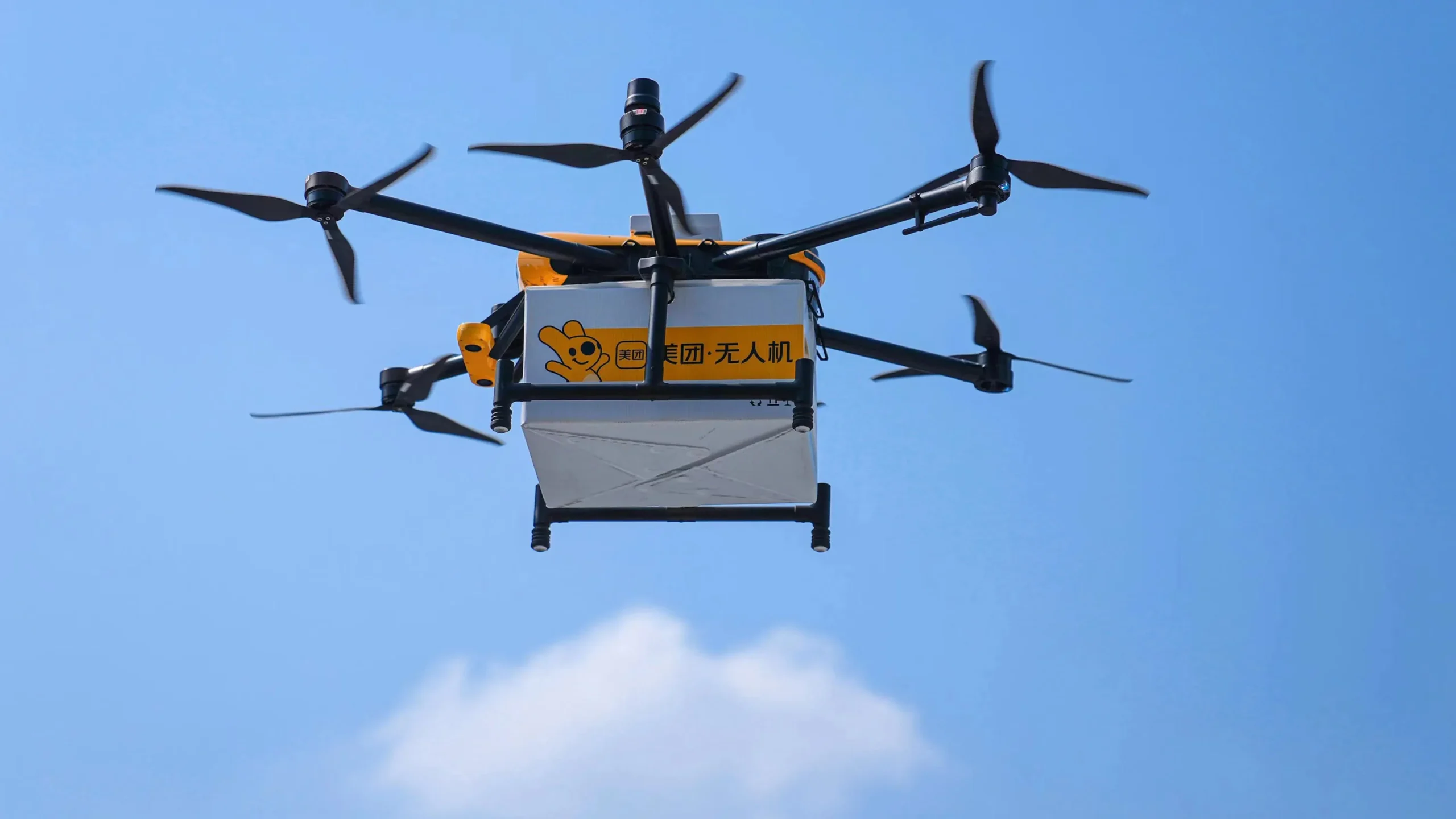If you’ve ever waited 30 minutes for a coffee delivery and wondered if there’s a better way—there just might be. In several Dublin suburbs, residents can now get their caffeine fix dropped into their backyards by drones in under three minutes, thanks to a nimble Irish startup named Manna. But the story here isn’t just about coffee—it’s about how a lean, well-engineered company is beating giants at their own game.
Manna’s approach is a masterclass in operational discipline. While Amazon, Alphabet’s Wing, and Zipline have spent hundreds of millions on their drone delivery experiments, Manna has raised a comparatively modest $60 million and is already reporting profitability per delivery. That’s no small feat in a sector littered with ambitious pilots but few sustainable models.
Breaking the Myth of “More Capital = More Success”
Founder Bobby Healy makes a compelling argument: success in drone delivery isn’t about who raises the most money, it’s about who builds the most efficient system. Manna’s drones are cheap, reliable, and optimized for high-turnover, short-range suburban routes. Every aspect—from hot-swappable batteries to remote fleet monitoring—has been engineered for simplicity and speed.
The result? A cost per delivery of just $4, with ambitions to lower it to $1. Compare that with $9–$11 for a five-mile ground delivery, and the potential for disruption becomes crystal clear.
A Quiet Revolution in Suburbia
While others chase regulatory approvals across continents, Manna is playing the long game—accumulating flight hours, building public trust, and embedding itself in local communities. Already, 42% of households in its current Dublin zones have tried the service. That’s not just traction; that’s habit formation.
Instead of spreading thin globally, Manna is scaling depth-first. From three drone bases today, it plans to expand to 11 within the year, targeting an annual run rate of over 1.5 million deliveries. It’s also experimenting in Finland and eyeing other parts of Europe, where an EU-wide regulatory framework gives it room to scale responsibly—something its U.S. counterparts can’t yet claim.

Partnerships, Not Promises
What really signals Manna’s maturity, though, is its pivot toward delivery platforms like Wolt and Just Eat. These integrations give it immediate access to massive demand pools, without the friction of onboarding retailers one at a time. Healy claims a third major delivery app partnership is in the works—meaning Manna could soon be just a tap away for millions of consumers.
This strategy isn’t just smart—it’s necessary. As Robin Riedel of McKinsey puts it, regulation isn’t the biggest hurdle; scalable operations are. And Manna seems to have cracked that code before the giants even took off.
A Thought for Founders and Operators
There’s a deeper takeaway here for founders and executives: focus on leverage, not scale for scale’s sake. Manna’s success isn’t built on splashy funding rounds or sprawling ambition. It’s built on thoughtful design, relentless iteration, and a deep understanding of the problem it solves.
As drone delivery inches toward commercial viability, Manna’s model poses a sharp question to the rest of the industry: What if the future doesn’t belong to the biggest players, but to the smartest operators?
